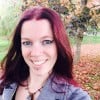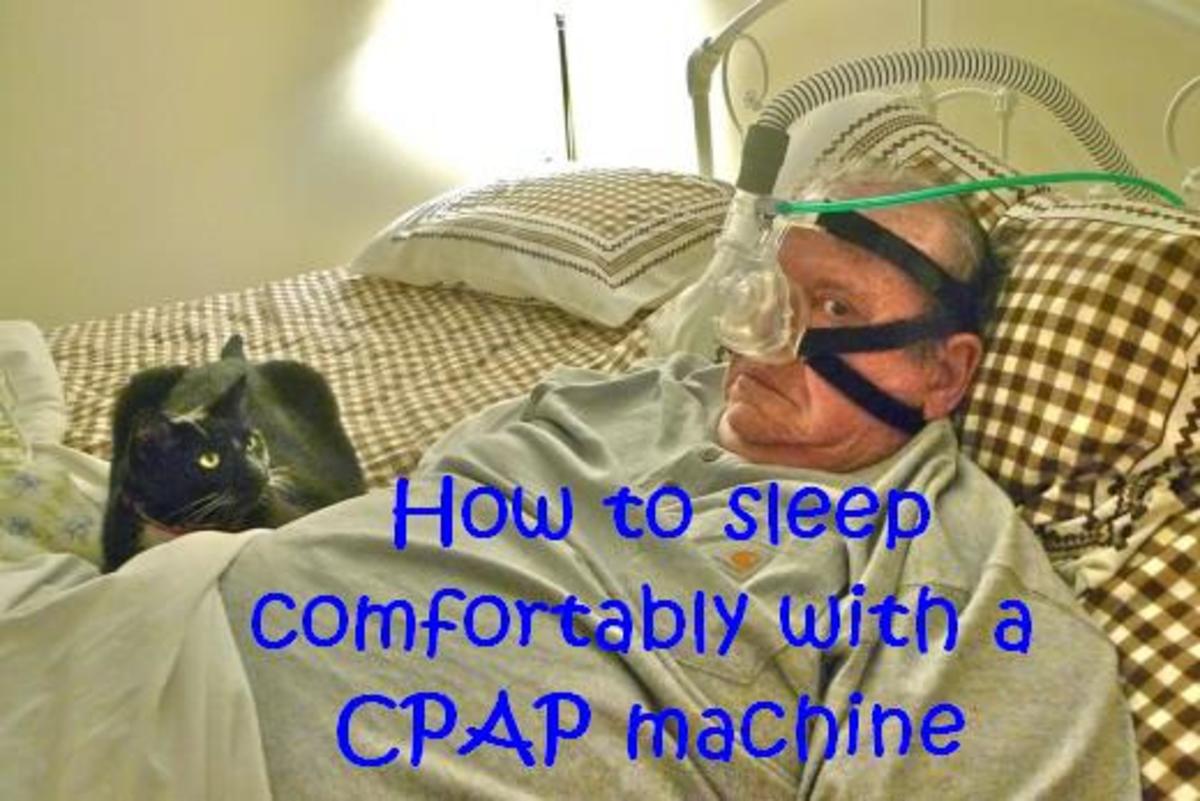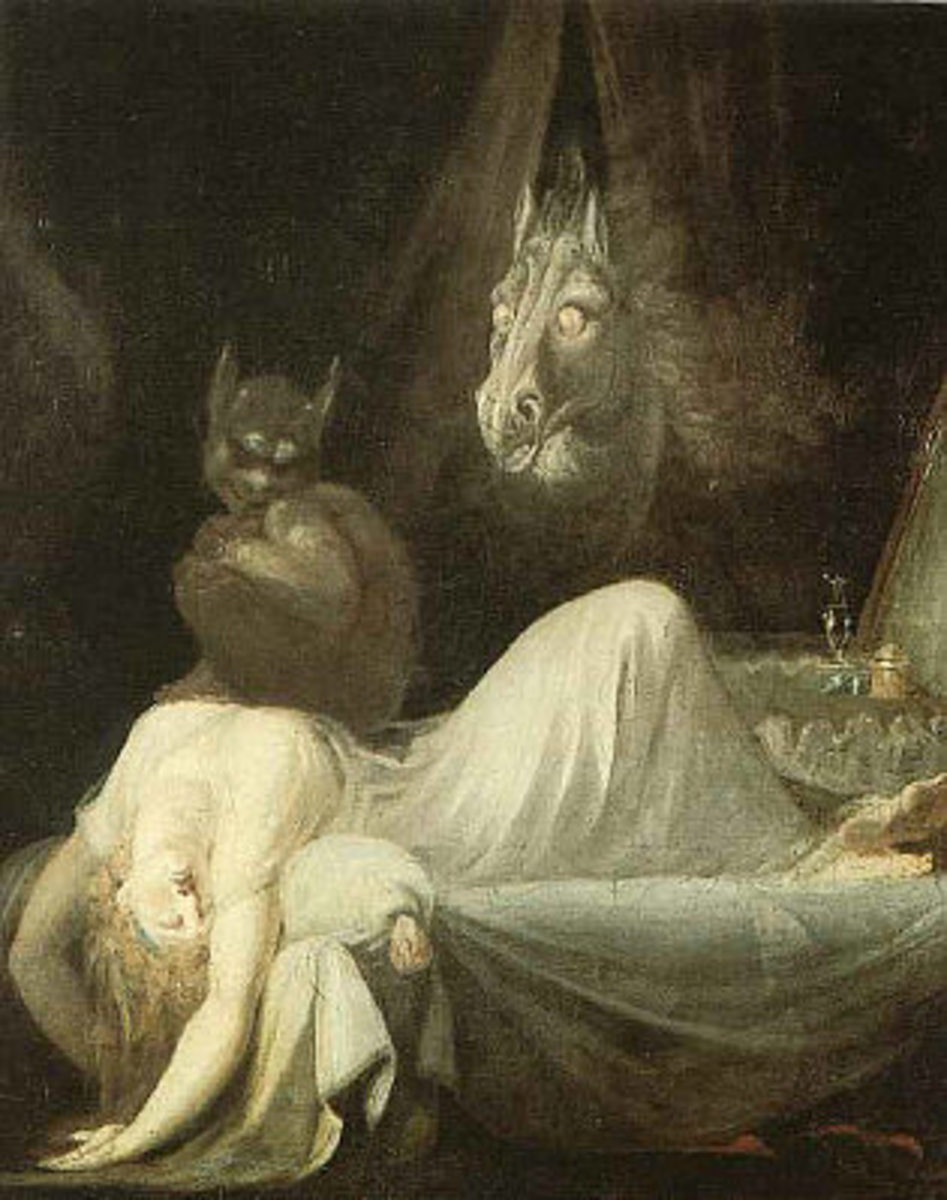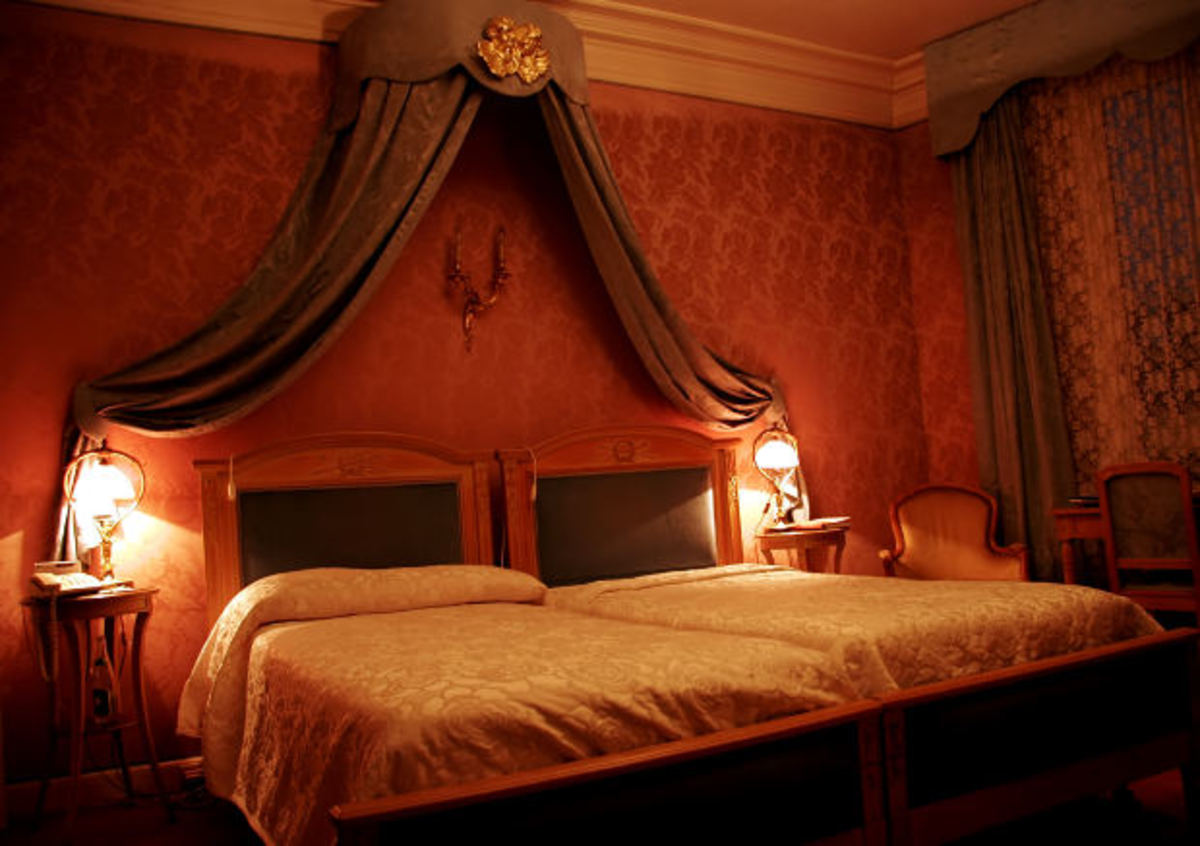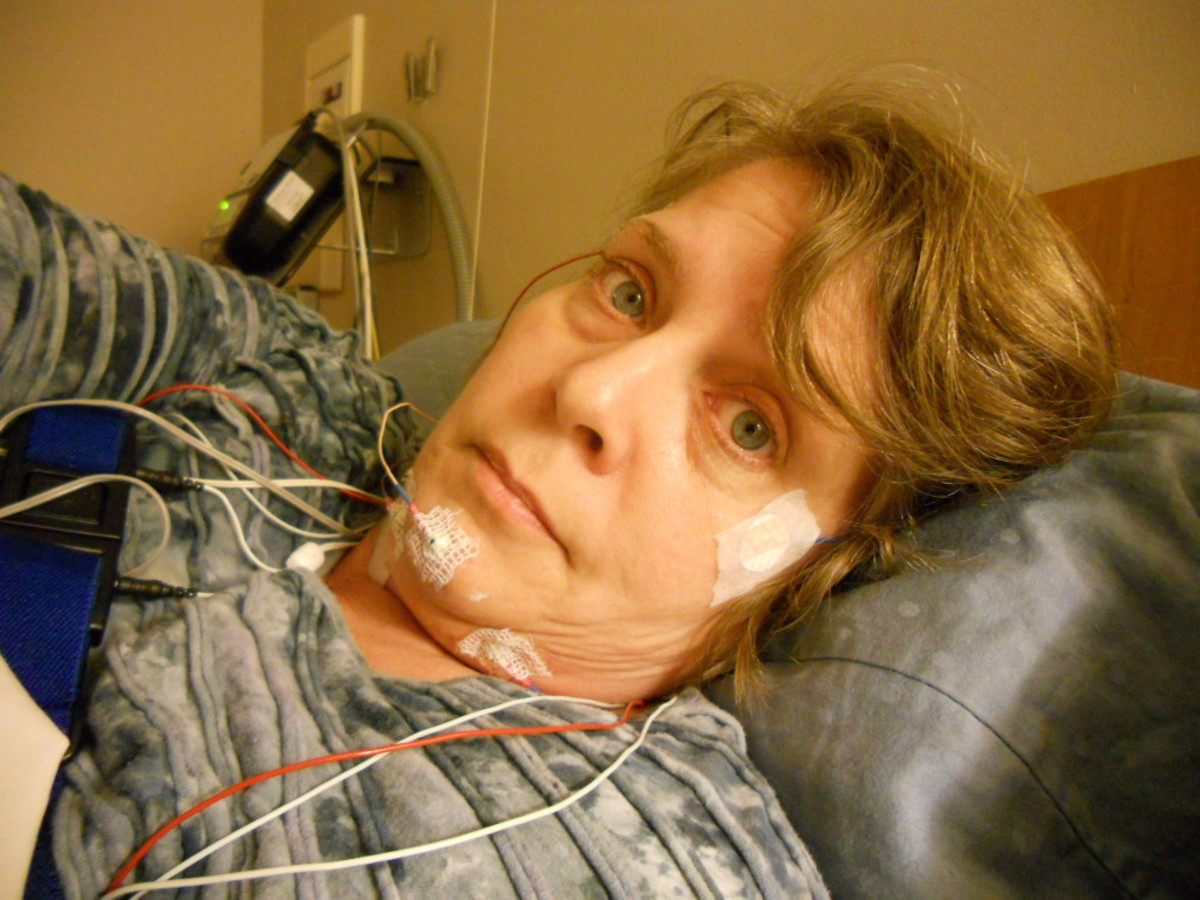Importance of Sleeping Restfully
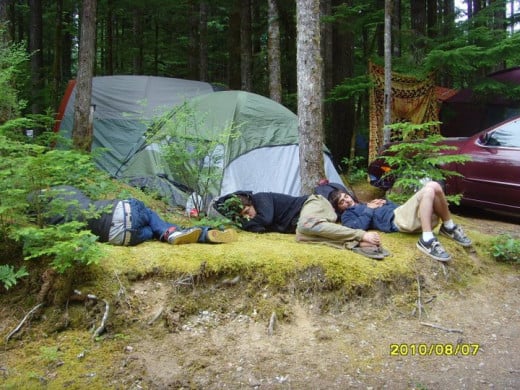
While children go to bed kicking and screaming, but will happily doze on your lap or during a Seattle theatre’s production of the Nutcracker, the older we get the more we realize the beauty of and need for sleep. However, not many of us consider it worth making time for, and will try and skip it so as to get that last needed activity done, or make those few extra dollars. But is it really worth it?
Sleep is something our bodies will force us into when we hit that mental brick wall. It affects more than just our mentality. Different systems complete different tasks during a sleep cycle. The brain processes the day’s activities and, like a computer, defragments the mind, filing away different memories into different files.
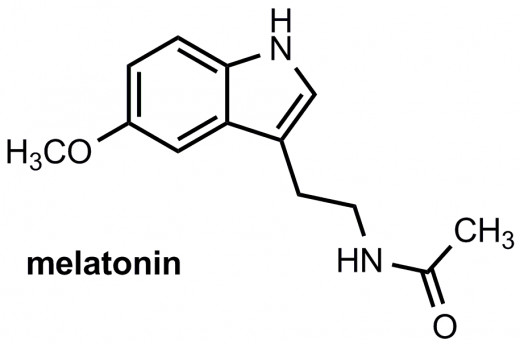
TEDxRiverCity - Robert Stickgold - Sleep, Memory and Dreams: Fitting the Pieces Together
How We Sleep
When falling asleep, your brain releases serotonin and melatonin from the pineal gland. This is a pea-sized gland in the geometric center of the brain that is responsible for these chemicals as well as other chemicals such as dimethyl tryptamine (DMT). This gland responds to light that enters into the brain by means of the suprachiasmatic nucleus (SCN). The SCN is our body’s “clock”, which controls our circadian rhythms. Serotonin and melatonin work together to create a relaxed and ready-for-bed mindset. Serotonin is often described as “the happy chemical”, as it regulates a person’s moods. It is released during the evening to create a contented mind set, to relieve stress that may keep a person deprived of sleep. Melatonin is the chemical released to tell the brain and body that it is time for rest.
Once asleep, the mind goes through two different main stages: Non-Rapid Eye Movements (NREM) and Rapid Eye Movements (REM). These two stages can be broken down further.
NREM is the first to occur, with four stages. Stage one and stage two are considered light sleep. The former is what we call dozing and can last 30 seconds to seven minutes. During this time the muscles relax, the heart rate and temperature begin to decline, and breathing becomes smooth and even. During stage two, the heart rate, temperature and breathing continues to decrease, while the eyes may begin to move slowly. The second stage will last for about 45-50 minutes, but during this time a person may still wake easily to external influences. The third stage is a very relaxed stage, a deep sleep, usually for about seven to 15 minutes or so. The final stage of NREM is a very deep slumber that is very difficult to wake from.
The Rapid Eye Movement portion of the sleep cycle is when dreams occur. This stage can last for 10-15 minutes, though the brain drifts in and out of this part of the cycle, and can last for up to a half an hour as the brain revisits. The eyes will roll back and forth. The brain “paralyses” the body to prevent it from physically acting out any dreams.
Dr. Herbert Ross, D.C. says, “Sleep is a natural restorative, an antidote to damage done to our bodies during the course of the day. It allows the body to replenish its immune system, eliminate free radicals, and ward off heart disease and immune balances.”
While sleep occurs the body is stationary and the mind is on a break from the outside world, working away internally. Because the body is stationary, and requires no more energy reserves to get through the day, internally it can work on processing and breaking down proteins. This contributes to an increased release of growth hormones in children as well as young adults. The break-down of proteins means rebuilding, which also means repairing broken tissues and damage that have been caused by UV rays.
Lack of sleep can impair the immune system, thus causing susceptibility to disease. It can hinder mental function and as a result increase accident risks as well as stress, depression, and anxiety which can lead to heart disease. Even the libido is suppressed when not enough sleep is attained.
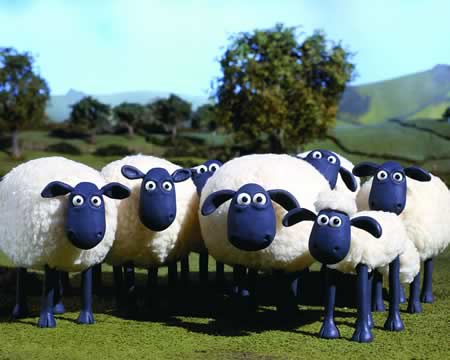
Sleeping Disorders
Sleeping disorders are very common in the United States, at least one in three people suffer from a sleep disorder. This can be due to many very common things such as poor nutrition, interacting electromagnetic fields, shift work, hormone imbalances, other disorders, stress, alcohol, drugs, nicotine, caffeine, and so on. Many of these have simple solutions.
Disorders which revolve around sleep fall into two categories: Dipsomania and Parasomnia. The former are the conditions which involve difficulties falling asleep or staying asleep, excessive sleepiness during the day, or being able to sleep regularly. Conditions falling under this category are sleep apnea, narcolepsy, hypersomnia, restless leg syndrome, periodic limb movements in sleep and so on. The latter, parasmonia, describes problems that occur while asleep that a person won’t remember upon waking, abnormal behaviors, such as sleep walking, night terrors, and REM Behavior Disorders (RBD).
Many things simply within the diet can cause insomnia and other sleeping disorders, such as food intolerances or sensitivities. The most common ones are dairy products, wheat, corn and chocolate. It is important that a person go to a doctor to see if they have any food allergies they are unaware of, as it can cause many other complications as well. It is recommended that caffeine intake be stopped at least eight hours before going to bed, and in some cases, just simply limiting to one cup of caffeinated beverage in the morning. One must beware of hidden caffeine as well, which secretly dwells in chocolate, many cold and cough remedies, and non-aspirin pain relievers. Alcohol, while producing a sleepy affect at the beginning, can alter a sleep, as can nicotine and other drugs. If alcohol is to be had, the last drink should be consumed at least two hours before going to bed. Sugar can also produce sleep difficulties, so it is recommended that it not be consumed after lunch time, including sugary fruits as well.
The best over-all ways to help with sleep disorders is to ensure a regular sleep schedule. This means going to bed and waking at the same time every day, including on days off. This helps your body to recognize when to release the right chemicals. Making sure that the bed is used only for sleep and sex is a good way to subconsciously program the brain for when one does go to bed. Try to keep talking on the phone, reading, writing, watching television, etc, as activities done in separate rooms. Exercise during the day also helps to promote a deeper sleep during the night, though a warning must be inserted here: avoid exercise too close to bed time, no closer than two hours before attempting sleep.
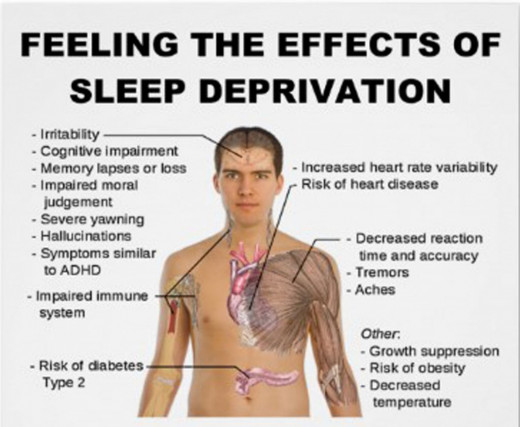
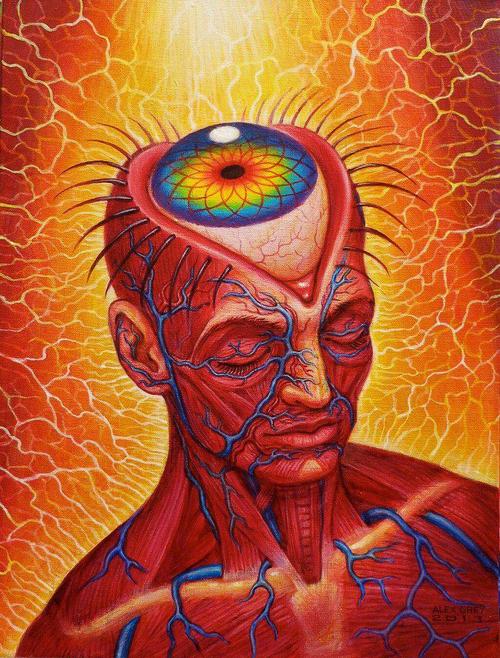
Importance of Dreaming
Dreaming can be a pleasant, weird or terrifying experience, depending on the dream. Whether we remember our dreams or not, they are of great importance to our psychological health. Dreams happen during the REM cycle of sleep, when we’re in the real pit of slumber. Researchers of sleep have theorized that dreaming is the brain’s way of processing emotions, organizing and merging memories, and letting go of emotional stress.
A dream researcher at Harvard Medical School, Dr. Allen Hobson, has characterized dream sleep as being similar to psychosis. Psychosis is a term for experiencing symptoms of loss of awareness, thinking without logic, and hallucinations. It has been hypothesized that dream sleep allows the brain to process new memories and new information gained, though evidence is lacking.
Sigmund Freud theorized that dreams were the ability to live out the conscious and subconscious wants without restraint. The example being of a love sick person lusting after another they can’t have, and thus attaining the wanted partner in dreams.
Occult practitioners say that dream work has four different purposes: the first is processing what has happened during the day. The second is work on the astral plane, or energetic plane. The third purpose is general play. The fourth purpose is any combination of the first three purposes.
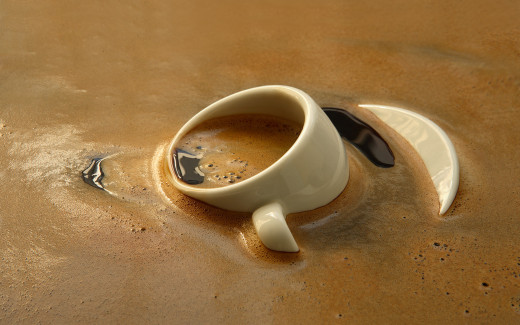
How Much Sleep Do You Get?
Waking Minus a Bleary Eye
For many, it isn’t the going to bed that is tough, it’s the waking up. When the alarm goes off, the dread of having to move from the comfort and warmth of the bed to a vertical position inspires the slap of the clock to initiate the first “snooze” of the morning. For some, the action is repeated several times.
A regular sleep schedule, as mentioned before, of going to bed at the same time and getting up at the same time every day can prevent the lethargic starts to the day. Getting up and out of bed when one first wakes instead of rolling over and dozing for a few more minutes will also help with the morning grogginess. When attempting to go back to sleep for the extra little bit, it conflicts with the actions of the adrenal glands. The adrenal glands begin producing cortisone in the morning as well as during wakeful activities. It begins to convert to get up and go, or the stress hormone, cortisol, which stimulates the body on through the day or task. When the morning light comes through the eyelids, it stimulates the pineal gland which slows to a halt its production of melatonin, and triggers the adrenal glands. When a person tries to go back to sleep when all these chemicals are being released, the brain has to switch modes and attempt to produce sleeping chemicals while producing waking chemicals.
Avoiding heavy foods before bed can also help one to rise with more energy. The last meal should be consumed at least two hours before going to bed, so that the body has a chance to digest the more difficult foods. This allows the body to be light and refreshed in the morning, instead of sluggish and heavy from still carting around last night’s dinner.
During the night the body goes into fasting mode. The metabolism slows down. It is important that when waking, one does not immediately go for the eggs and ham, or even the cereal box, but instead go for something easy to digest such has herbal tea or fruit. Half an hour or so after this has been consumed then it is safe to go for the energy food for start of the productive day.
References
~http://www.ninds.nih.gov/disorders/brain_basics/understanding_sleep.htm#for_us
~http://www.ninds.nih.gov/disorders/brain_basics/understanding_sleep.htm#for_us
~http://health.ninemsn.com.au/family/goodhealthandmedicine/8206403/why-is-dreaming-so-important
~http://emedicine.medscape.com/article/1188226-overview
Modern Magick: Eleven lessons in the High Magickal Arts by Donald Michael Kraig
Alternative Medicine: The Definitive Guide 2nd Edition. Larry Trivieri, Jr., and John W. Anderson, Editors.
Prescription for Natural Cures by James F Balch, M.D. and Mark Stengler, N.D.
The New Optimum Nutrition Bible by Patrick Holford
Radical Medicine: Cutting-Edge Natural Therapies that Treat the Root Causes of Disease by Louisa L. Williams, M.S., D.C., N.D.
Medical Herbalism: Science and Practice of Herbal Medicine by David Hoffman, FNIMH, AHG
Medicinal Mushrooms: An Exploration of Tradition, Healing and Culture by Cristopher Hobbs, L. Ac.
The One Earth Herbal Sourcebook: Everything You Need to Know about Chinese, Wester, and Ayervedic Herbal Treatments by Alan Keith Tillotson, Ph.D., A.H.G, D.Ay. with Nai-shing Hu Tillotson, O.M.D., L.Ac. and Robert Abel Jr., M.D.
